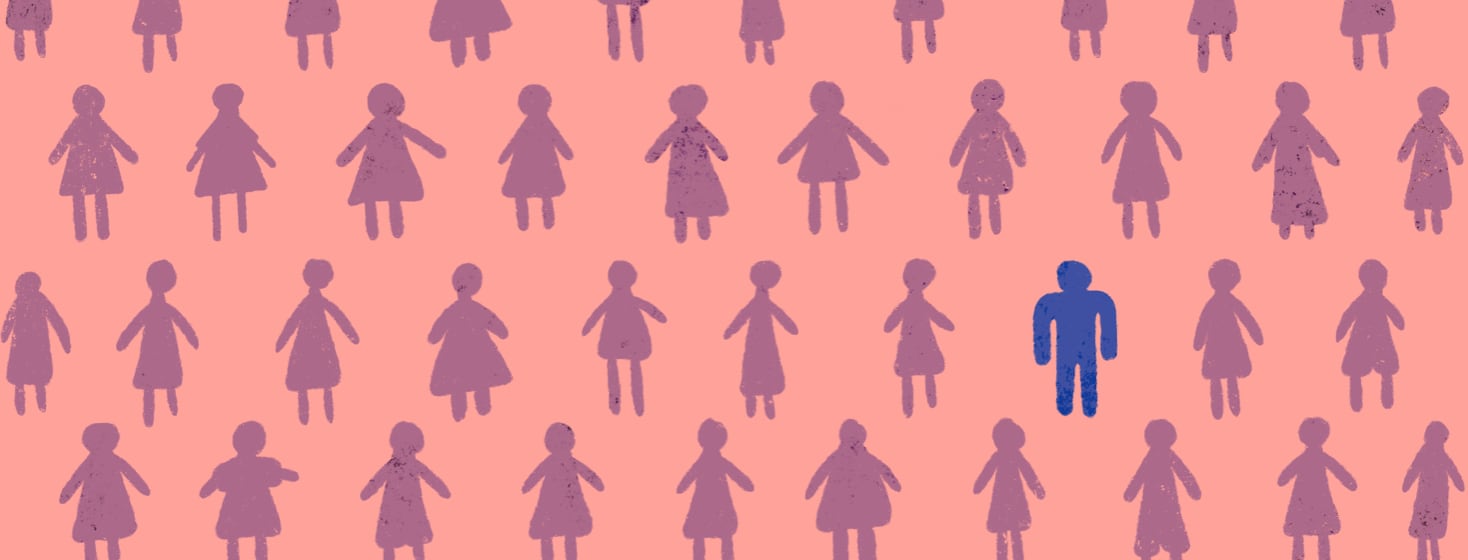I Was Told Lupus Was a Woman's Disease
I was diagnosed with systemic lupus and lupus nephritis in 1995. I had no idea what lupus was nor had I ever heard of it. If this happened today, I would have turned to Google and gotten all the information I needed, but the Internet wasn’t available in 1995.
It took numerous doctors visiting me over a 3-month span in the hospital just trying to figure out what was wrong with me. Finally a doctor called a rheumatologist (which I had never heard of before) came in and told me she believed I had a disease that was rare for my age, my race, and my gender.
Then she told me these words, “I believe you have a woman’s disease.” I had the most curious look on my face until she said men can get it too. That was the first time I heard the word "lupus."
Featured Forum
View all responsesMen with lupus
Ten percent of people with lupus are men compared to 90 percent of women. The difference is thought to be sex hormones, the differences in the immune system, and possibly genetics. Although men and women share the same results of symptoms from lupus, men tend to have more organ involvement, including the kidneys, and can be more severe.1 I had my first kidney transplant in 2013, my kidney did well for me for up to 9.5 years, and my body all of a sudden started rejecting it. I am currently on dialysis and back on the kidney transplant list, waiting for a new kidney.
The stigma facing men with lupus
At 25-years-old, I was in my prime living my life. I never expected to have a disease that would slow me down. Not only did it slow me down because of my health, but it shamed me because I couldn’t do the things I was expected to do. As a man, I never wanted to show vulnerability, I never wanted to be seen as being weak, but this disease did its best to show that through me.
As a manager at my job, I kept my illness and my pain to myself. I didn’t want management to think I wasn’t up to doing my job or my employees to think I couldn’t lead. With lupus symptoms like joint pains, fatigue, and headaches ii was experiencing, it was a daily struggle to do my job.
Because I played this charade at work, I also did this in my life outside of work. I did not turn down offers of going out or hanging with friends so I wouldn’t be considered “that guy” who doesn’t want to do anything. Lupus was a disease that, even if I explained to everyone what it was, they wouldn’t understand. I still wasn’t at a point where I could explain what Lupus was, and I didn’t feel comfortable enough to share my disease.
To get comfortable, you have to be uncomfortable
To be comfortable talking about my illness was to admit I have a disease and accept it. That’s not easy for someone always looked up to as strong and unstoppable. To me, it's like I’m admitting defeat. It was a hard pill to swallow, but I knew I couldn’t hold this in forever.
And, 24 years after my diagnosis, I finally got medically retired from my career due to a brain disease. By then, I was knowledgeable enough to talk and educate others on lupus.
My fight, all these years of surviving major organ failures, multiple transplants, joint replacements, and more autoimmune diseases and conditions, appeared to be a survival guide to other autoimmune warriors. I went through a lot of pain and conditions that made me uncomfortable over the years.
Still, now, I feel comfortable and confident enough to share my lupus journey with others to bring them hope and to let them know that with proper self-care, listening to your doctor, and better life choices, this disease does not have to be a death sentence.

Join the conversation